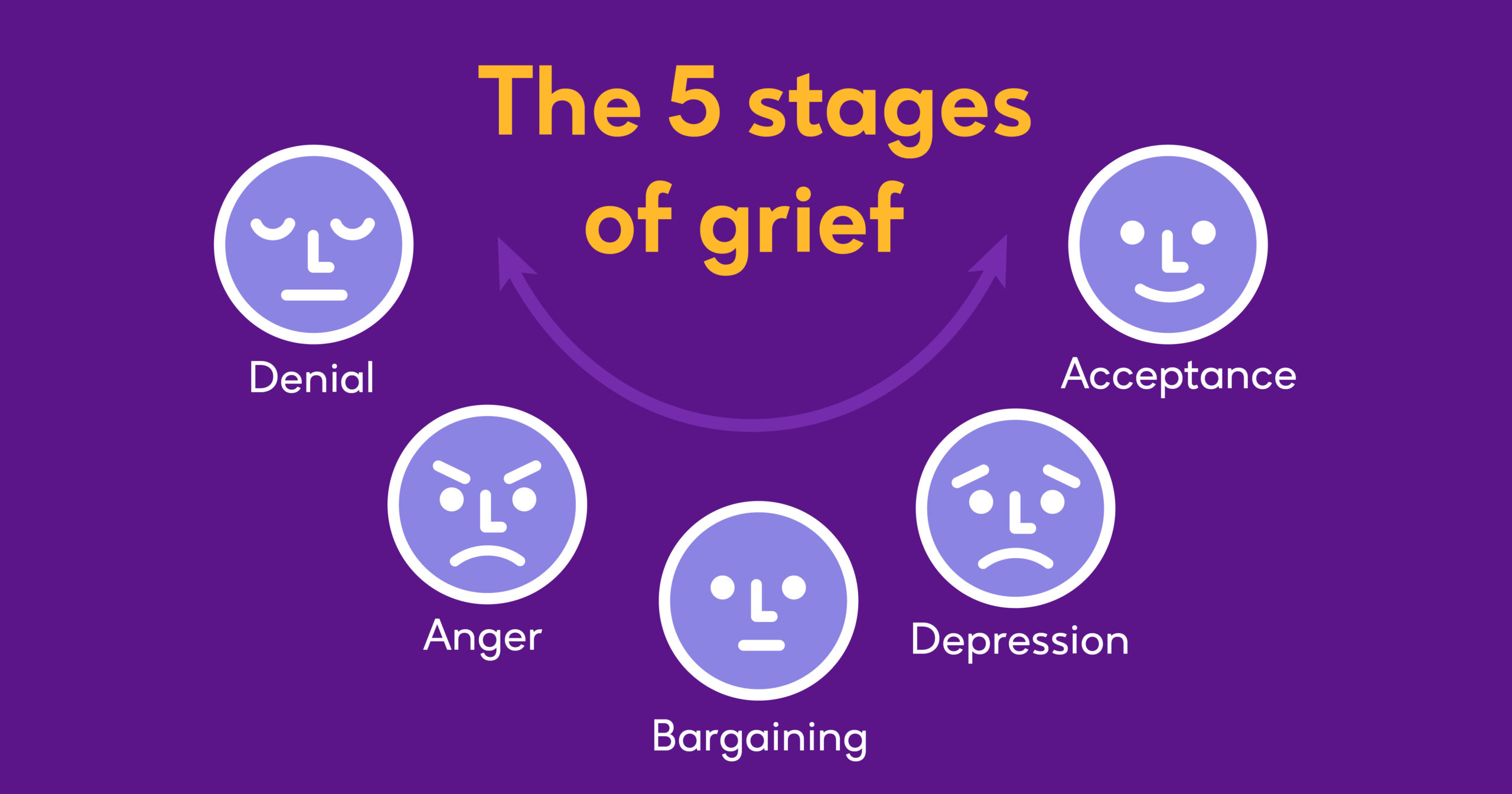Anytime you visit a doctor’s office, clinic or medical facility and receive care from a licensed medical professional, you are receiving skilled nursing care.
The type of skilled nursing care you receive can look different depending on your condition or illness, as the care encompasses a wide variety of services and medical treatment. However, there are differences between skilled nursing care and other types of care you may require in your health journey.
Skilled nursing care is a vital piece of a patient’s care journey. That being said, it is important to understand what is involved in skilled nursing care, especially if you may need home health care.
What is skilled nursing care?
Skilled nursing care is a broad term that refers to care that can only be provided by a trained, licensed health care professional such as a licensed practical nurse or registered nurse. The education and training these clinicians receive give them the ability to deliver high-quality care to any patient.
According to Medicare, skilled nursing care is “health care that is needed to treat, manage and observe your condition and evaluate your care.” This is important in the health care landscape because it combines expertise and compassion to deliver care to those who have medical concerns.
From wound care to medication management, skilled nursing care addresses various patient needs. Some more examples include:
- Physical exams
- Health counseling and education
- Managing safety precautions
- Medication administration and injections
- Skilled treatments like catheter or ostomy care
- Care coordination
- Vital sign monitoring
- Changing bandages and caring for wounds
- Intravenous (IV) therapy

In addition to skilled nursing care, other skilled care may include physical therapy, occupational therapy or speech therapy.
What is the difference between skilled nursing care and non-medical care?
A licensed health care professional always administers skilled nursing care. This is because there is a need for advanced skillsets and medical knowledge.
Non-medical care, also commonly referred to as personal care, does not require the same level of education or expertise. It can be provided by individuals or caregivers who aren’t licensed to practice health care.
In a non-medical setting, caregivers provide patients with personal care and comfort measures such as:
- Washing bedding
- Changing clothing
- Bathing
- Helping with hygienic routines such as brushing teeth or hair
- Keeping wound dressings clean and dry
- Providing light-duty housekeeping
While non-medical care can play an important role in a patient’s care journey, it is important to note the differences. If a patient requires assistance with personal care items or activities of daily living and doesn’t have a skilled nursing need, they may need home care instead of home health care.
However, if a patient does require skilled nursing care in addition to personal care – and other requirements – they may qualify for home health care coverage through Medicare and begin receiving home health services.
Home health care
Many patients think home health care is only for recovery after surgery. In fact, home health care covers a variety of clinical events and conditions, as long as the qualifying criteria are met.
While this is not an inclusive list, certain events or changes in clinical conditions may support the need for home health care. These concerns include:
- Worsening or new medical condition
- The need for post-surgical care or rehabilitation
- Medication changes requiring education or monitoring
- Pain that impacts daily function
- Ulcers, wounds or lesions
- Limited functional activities of daily living (ADLs)
- This includes difficulty with managing medications, meal planning, communicating, bathing, dressing, walking, standing or sitting
- Risk of injury or harm
- Lack of knowledge about care
- Body functions or structures that don’t work as well as they should
- This includes impairments in breathing, circulation, activity tolerance, urination, memory, vision, strength, balance, cognition, edema or swallowing
Many of the outlined events or changes in clinical conditions require a need for skilled nursing care and care plan management. Skilled nursing care in home health can help patients recover directly from the comfort of wherever they call home.
Providing care in the home creates an extra window into the patient’s environment. This allows home health clinicians the ability to adjust care plans directly to a patient’s lifestyle, giving them a greater opportunity to regain their independence, live life to their fullest and achieve their health care goals.
If you believe you need skilled nursing care, you should talk to your doctor about your goals and how to access home health care.
At Enhabit Home Health & Hospice, our goal is to make it easy. From referrals to admission, treatment to counseling, we’ll guide you to the best possible outcomes, on your terms. Learn more about getting started with our care here.
 Back to Resource library
Back to Resource library
Browse top categories
At Enhabit our patients are our number one priority. From providing the latest medical practices to building deep personal connections, we’re focused on upholding every patient’s dignity, humanity and sense of control on their health care journey.
Home health
Our home health services give patients access to the care they deserve in the comfort of their own homes. From disease and injury management to recovery from surgery, our clinicians help patients confidently achieve their health care goals.
Hospice care
Our hospice care services place importance on the comfort of every patient living with a terminal illness. Our caring professionals are dedicated to providing not just physical care, but spiritual and emotional support to every patient and their loved ones.




